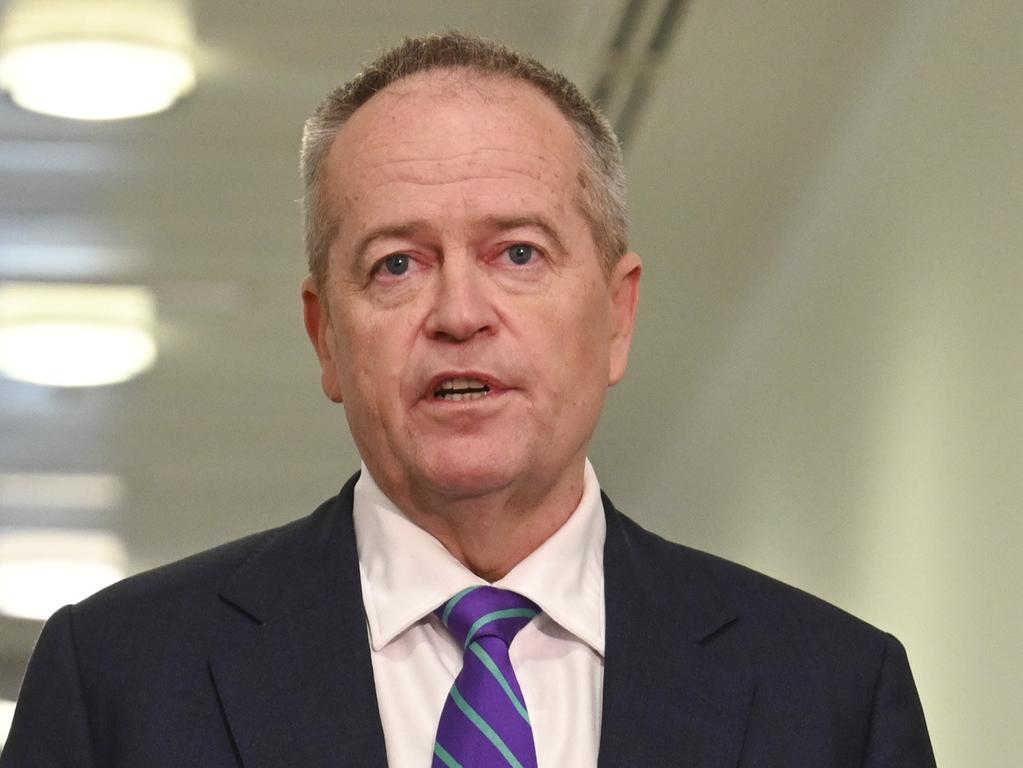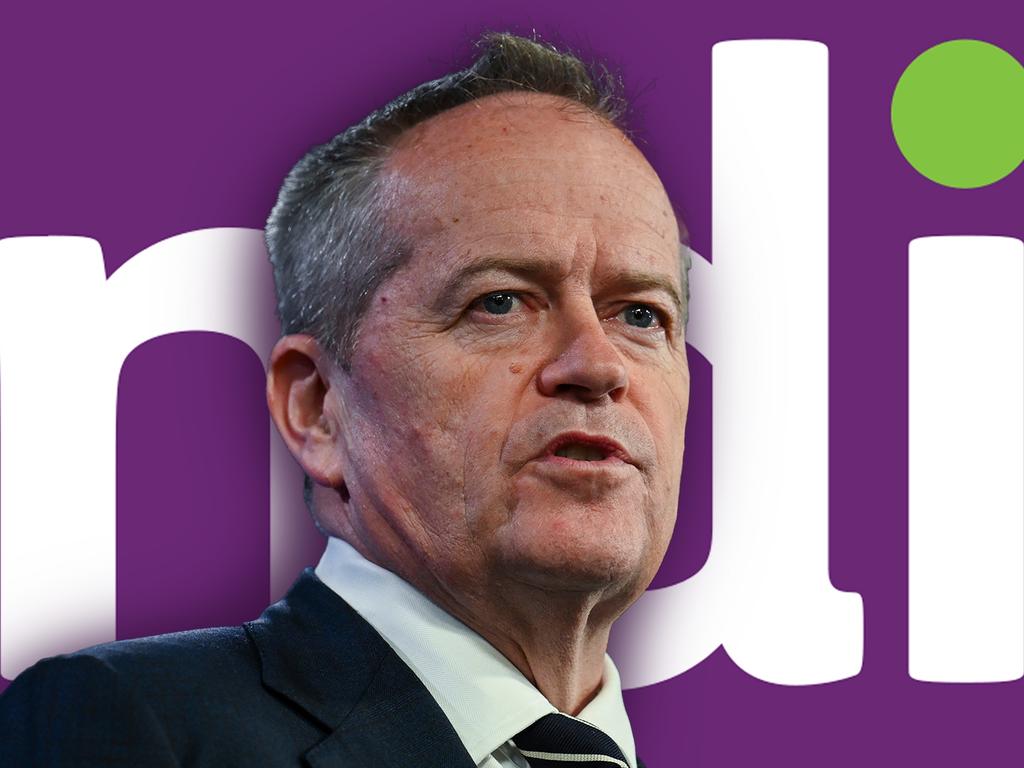Stop blame game on NDIS mess
On Monday, National Disability Insurance Agency head of fraud and integrity John Dardo told Senate estimates that billions of dollars were being spent on items including expensive cars, holidays and even illicit drugs such as ice and cocaine. NDIA officials revealed the agency was detecting fraud in up to 90 per cent of plan managers overseeing up to 100 participants – at a cost of about $2bn a year to the taxpayer – Sarah Ison reported.
Mr Shorten has confirmed that 220 fraud investigations are under way within the NDIS and several billion dollars of payments are being reviewed. But the agency was unable to prosecute every criminal because the sheer scale of the issue would overwhelm the justice system, Mr Dardo said. Running up the white flag on fraud is anathema to most Australians. A scheme that is in such bad shape that officials feel compelled not to act on fraud for fear of overwhelming the justice system needs major, urgent reform.
In addition to better protecting taxpayers and NDIS processes from fraud and corruption, that reform also must involve tackling difficult structural issues, such as eligibility criteria to access the scheme. The states also must be persuaded to resume services they abandoned after the Gillard government introduced the NDIS in 2012.
Three weeks ago the NDIS quarterly statement showed almost half the scheme’s 21,000 new entrants in the three months to March 31 were children under seven. The number of young children with autism on the NDIS has spiralled to the point where one in nine boys and one in 20 girls aged five to seven (compared with one in 25 girls three months earlier) were participants.
Reform of the scheme must involve the states delivering more support to children with autism and developmental delays in schools and childcare, as the Albanese government envisaged in its May budget. That reform was projected to save more than $14bn across the next four years. But the saving would be more than offset, the budget papers showed, by increasing participation and costs. The NDIS is the government’s third-largest payment, the budget papers showed, costing an estimated $48bn next financial year and $60bn by 2027-28. Across the four years of the forward estimates it will cost $218bn, with average annual increases of 9.2 per cent. The push to cut wasteful spending from the scheme would have greater credibility, however, if Mr Shorten’s speechwriter were not on track to be paid $620,000 over two years.







Two years into government, National Disability Insurance Scheme Minister Bill Shorten must stop blaming the Coalition for the debacle the $44bn scheme is in and address the problems. These relate to major fraud and eligibility criteria, both of which threaten the viability of a program that was set up with the best intentions to provide care and security for Australians with serious disabilities. They, and taxpayers who pay for the scheme, deserve better.